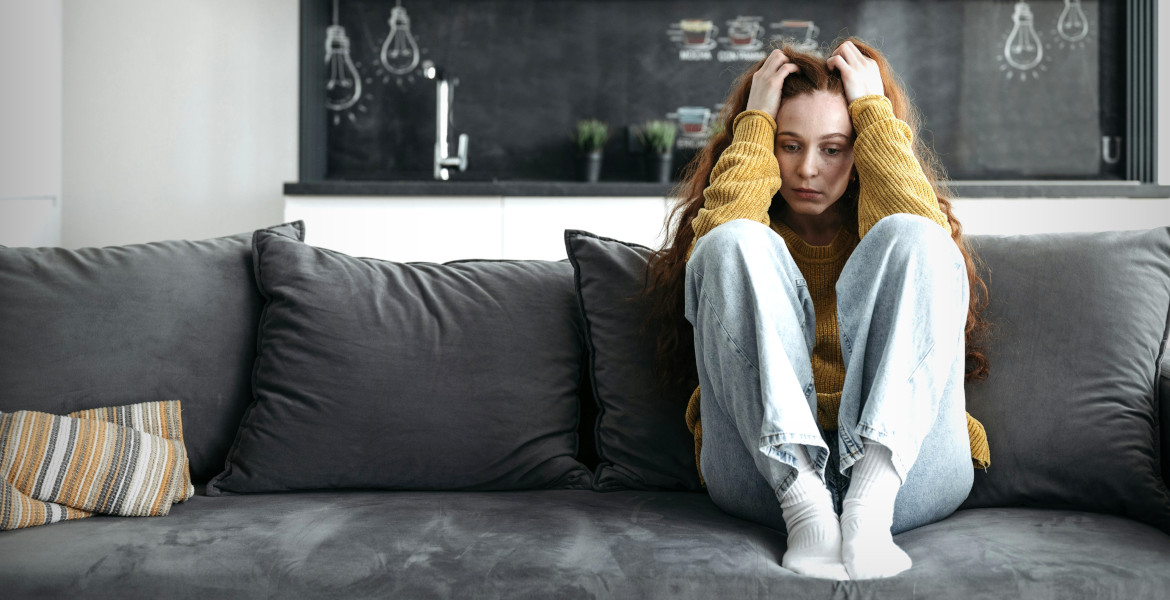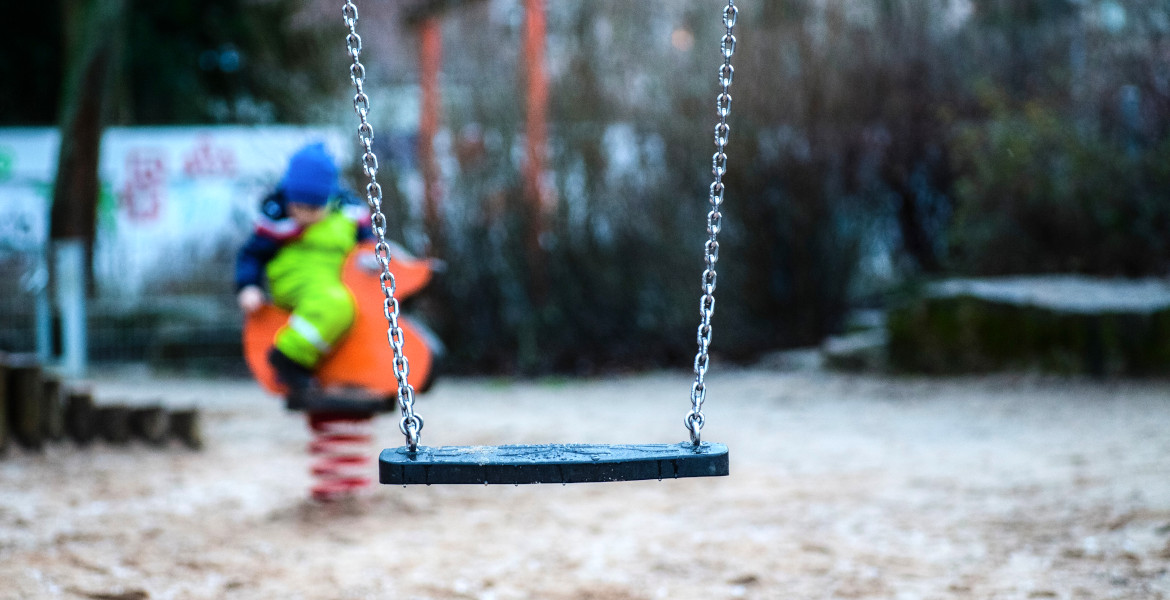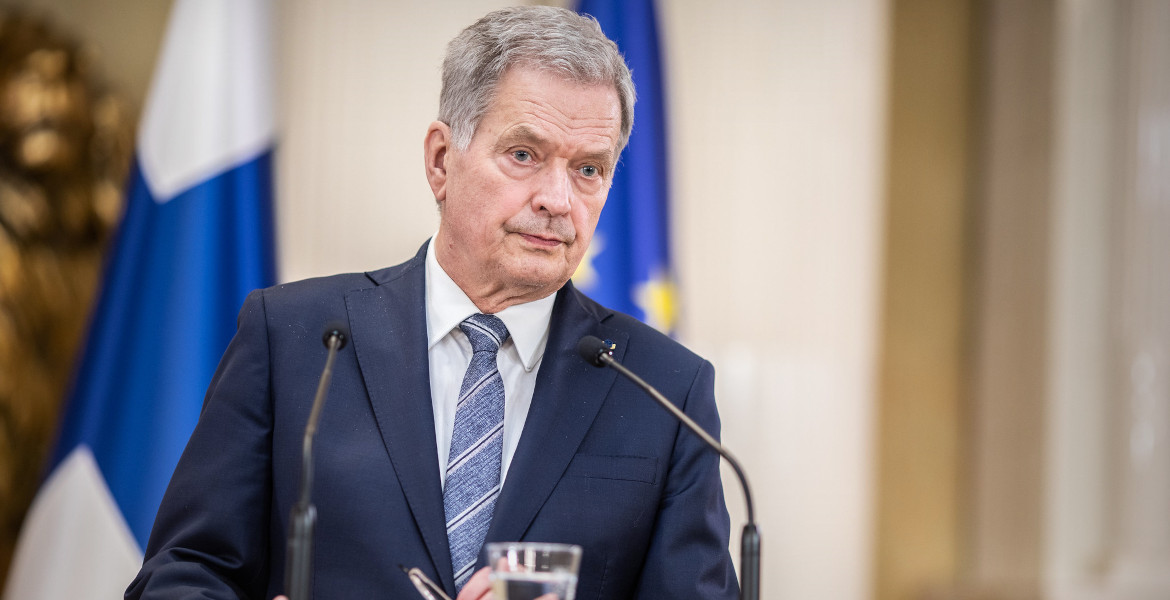A record number of Finns turned to Victim Support Finland for help with sexual offenses and domestic violence last year. It remained by far the most common reason for seeking help.
Victim Support Finland (RIKU) provides counseling and support to victims of crime, their families and witnesses via phone, chat and face-to-face meetings. In 2024, 30 800 people turned to RIKU for help. Sexual offenses and domestic violence were again the most common reasons for seeking help.
– Victims of domestic violence need information about the legal process and their rights, and the opportunity to talk about their experiences. We help them make safety plans and apply for restraining orders. It is also important to consider in each case whether the client needs guidance to a specialized support service, says Leena-Kaisa Åberg, Executive Director of RIKU.
In 2024, 6 700 people sought support for domestic violence, up from 6 400 the year before. At the same time, 4 700 sought help for sexual offenses, the same figure as the previous year. Both figures are the highest ever recorded.
In addition, 3 800 people sought help for property crime and 3 100 for bullying. Of those who turned to Victim Support in 2024, 77% were women and 23% men.




